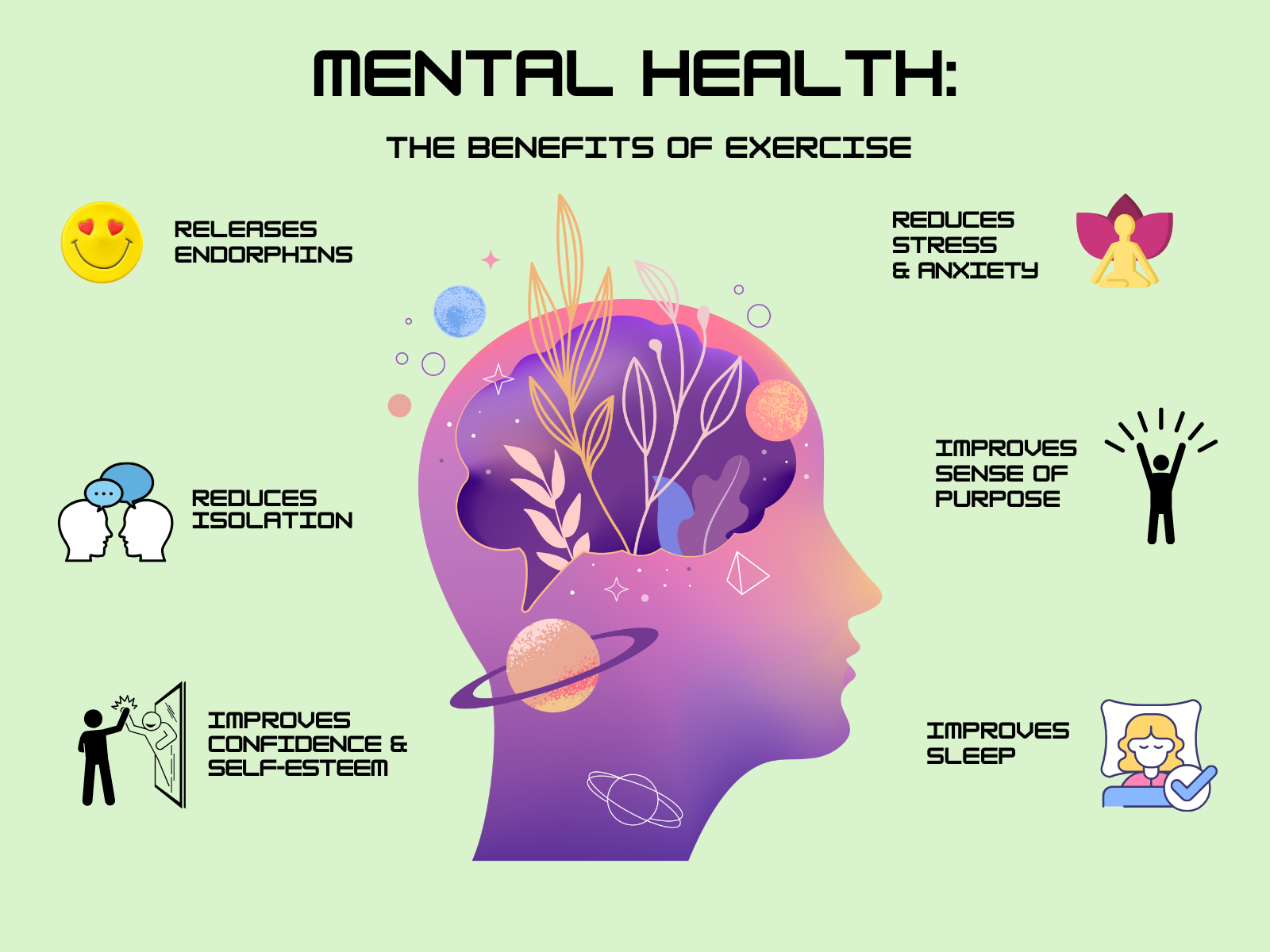
by Ashley Campbell
In today’s fast paced, screen filled world, youth mental health challenges are rising at an alarming rate. Young people today are navigating a complex emotional landscape filled with anxiety, depression, social isolation, and stress.
More than just a sport, mountain biking has become a movement, especially among school based youth programs. Mountain biking clubs are forming in Elementary and Middle schools across Arizona. And the mental health benefits? They’re as impactful as the physical effort behind every ride.

1. The Science of Movement: How Exercise Shapes Your Brain
It’s no secret that exercise boosts mental health but mountain biking takes this to the next level. The intense, rhythmic movement of pedaling, navigating trails, and maintaining balance stimulates the production of endorphins and dopamine, key neurotransmitters that help regulate mood, reduce stress, and combat depression.
Riding on trails engages both aerobic and anaerobic energy systems, which has been shown to reduce symptoms of anxiety and improve focus. For youth who struggle to sit still in a classroom or carry the emotional weight of social pressures, mountain biking provides a physical outlet that is both challenging and joyful.
2. Nature: The Ultimate Healing Space
Mountain biking isn’t just about bikes, it’s about being outdoors. Time in nature has been repeatedly proven to lower cortisol (the stress hormone), boost mood, and improve attention span.
Unlike traditional sports that often take place in gymnasiums or on fields, mountain biking immerses riders in forests, mountains, and wide open spaces. For many youth, it’s their first real connection with wild places and that connection is powerful. Nature has a calming, restorative effect, helping kids decompress, self regulate, and build resilience.

3. How Youth Bike Clubs Build Social Connections
In mountain bike clubs, students ride as a team, cheer each other on, and form lasting bonds. This sense of belonging helps combat isolation and builds social confidence, especially for youth who may feel disconnected in traditional classroom or sports settings. The shared challenges of learning new skills, conquering trails, and showing up consistently for practice foster meaningful friendships and peer support. These clubs become a safe, inclusive space where kids feel seen, supported, and encouraged to grow both on and off the bike.
4. Grit, Growth, and Gaining Confidence
Mountain biking teaches some of life’s most valuable mental skills: grit, perseverance, and a growth mindset. There’s no shortcut to learning how to ride a steep trail or navigate a rocky section. Youth have to practice, fall, get back up, and try again.
Each time they overcome a challenge no matter how small they internalize a sense of strength and capability. They begin to believe in themselves, and that belief carries over into the classroom, friendships, and future goals.
Failure on the trail isn’t shameful, it’s part of the process. That mindset shift can be transformative for kids who might otherwise avoid risks or fear judgment.
5. Mindfulness in Motion
Mountain biking demands attention. Riders must stay alert, aware of their surroundings, and in tune with their body. This level of focused presence acts as a form of active meditation, clearing the mind, calming anxious thoughts, and centering the rider in the moment.
Unlike scrolling on a phone or being distracted in class, mountain biking forces youth into a state of flow, where worry fades and the joy of movement takes over. It’s a natural mental reset, one that encourages emotional regulation and mindfulness without requiring them to sit still or practice breathing techniques.
6. Youth Development Beyond the Trail
Perhaps most importantly, mountain biking programs help youth develop as whole people. Many clubs integrate service, leadership, coaching opportunities, and even environmental stewardship. Students learn responsibility, teamwork, and goal setting all of which build emotional intelligence and self-esteem.
The ripple effects of these programs extend far beyond the trailhead. Youth riders often report better sleep, stronger family relationships, healthier eating habits, less screen time, and improved behavior in school.
Riding Toward Growth
Mental health support doesn’t have to happen inside four walls. In fact, some of the most powerful healing and growth can happen on two wheels, flying down a dirt path surrounded by trees, wind, and cheering teammates.
As more schools and communities recognize the value of outdoor adventure, mountain biking clubs are becoming a vital part of the youth wellness landscape. They’re more than extracurriculars; they’re a path to stronger minds, healthier bodies, and meaningful connections.If you’re looking for a way to support mental health in your school or community, consider the power of the pedal. It’s not just about riding bikes; it’s about riding through life with resilience, joy, and purpose.
Wheel Fun is proud to be part of this incredible movement supporting youth development and strengthening mental health. We’re committed to raising awareness and driving meaningful change. Empowering young people to become stronger, more resilient, and better equipped to overcome life’s challenges is the key to lasting success.
Join us in this mission. Start a club, become a partner, or make a donation to help more kids ride toward a brighter future. Email us at info@wheelfun.org.
About the Author
Ashley Campbell is a dedicated mountain biker, community leader, and mom to two adventurous boys who share her love for the trail. As Wheel Fun’s North Central Program Manager, she brings her passion for outdoor adventure and youth development to everything she does. Ashley believes in the power of nature to restore balance, build confidence, and support mental well-being. Whether she’s leading a ride, launching a new school program, or exploring Arizona’s wild places with her family, Ashley is committed to making a lasting impact through connection, movement, and joy.



